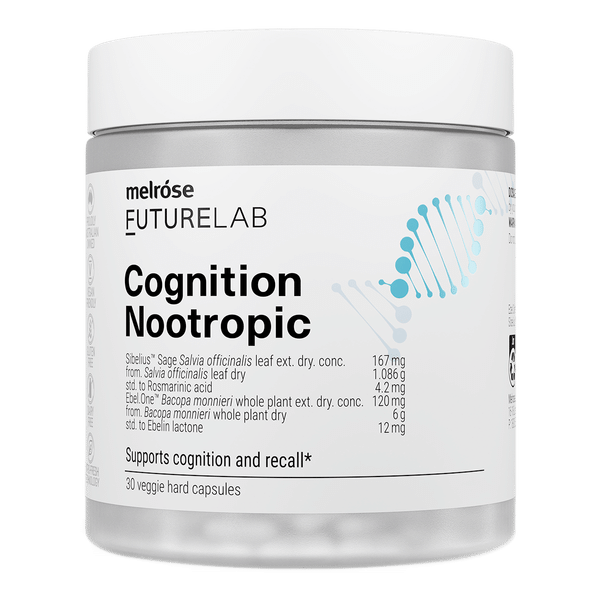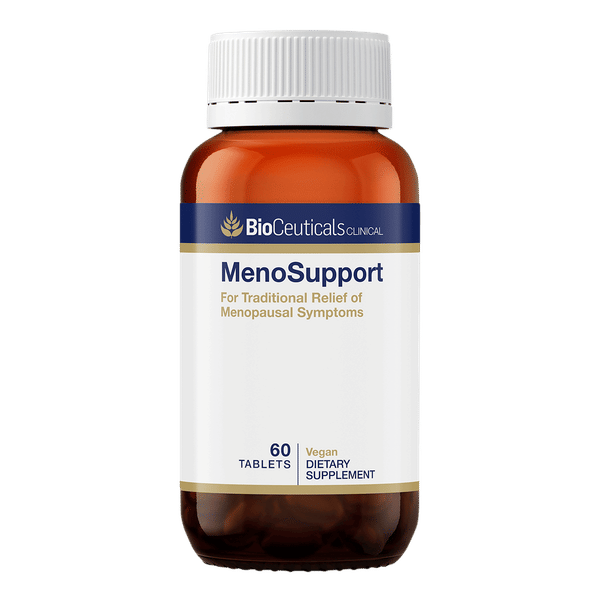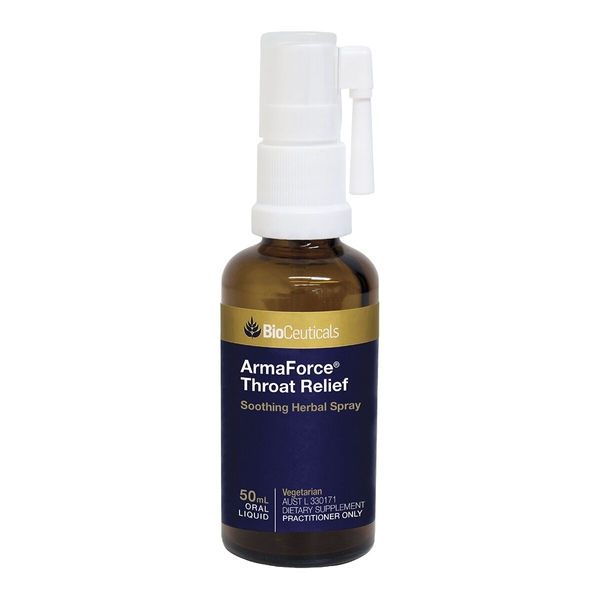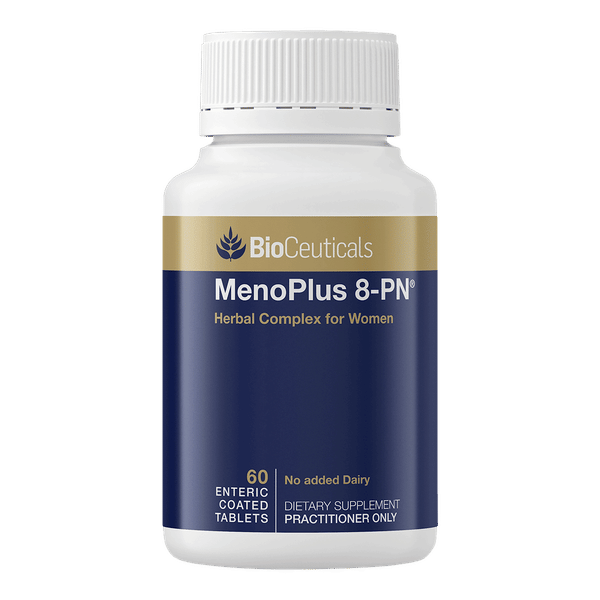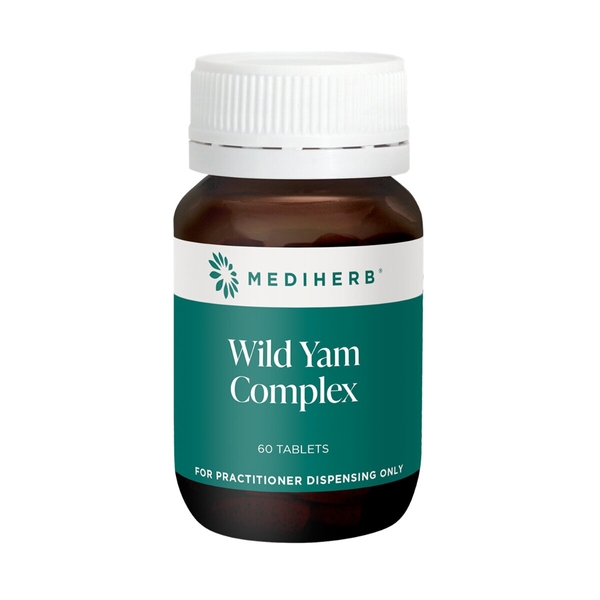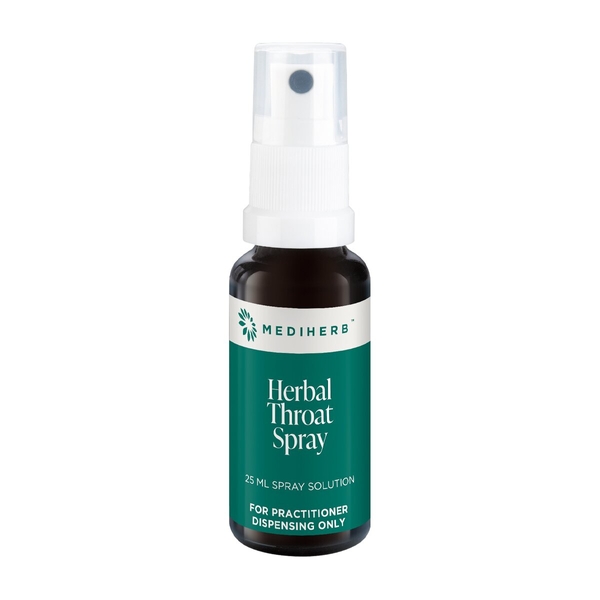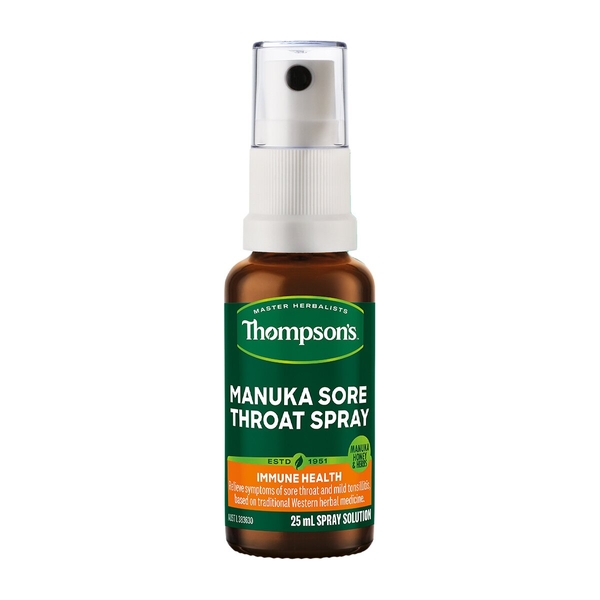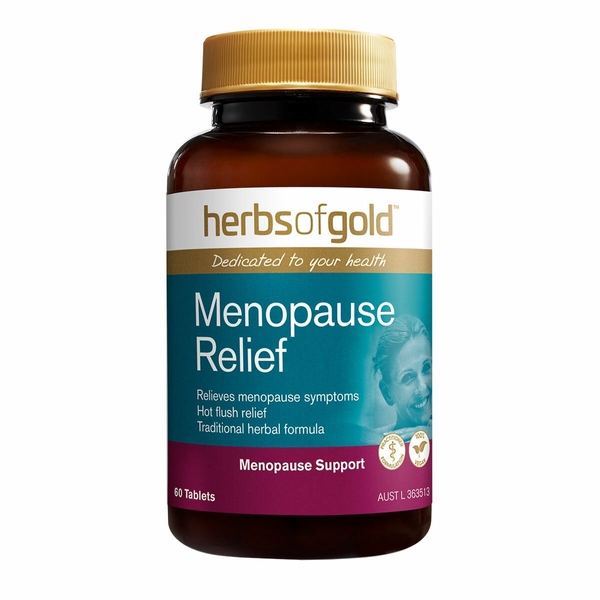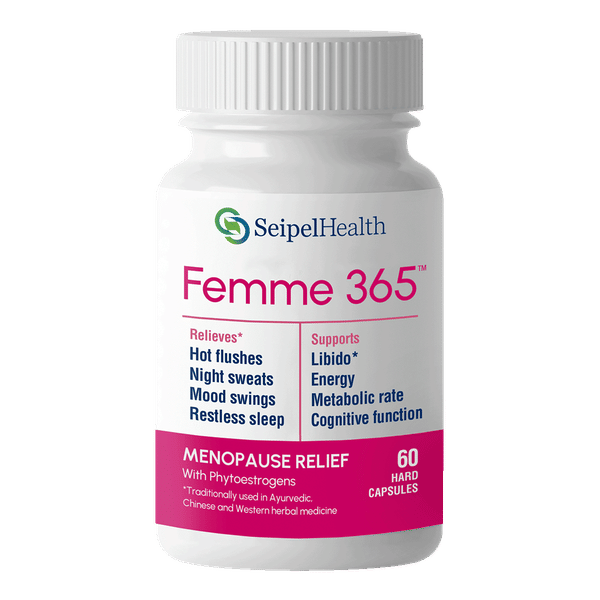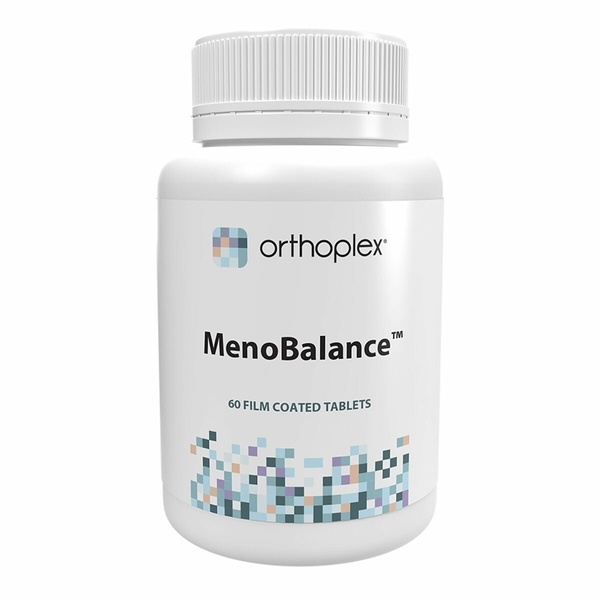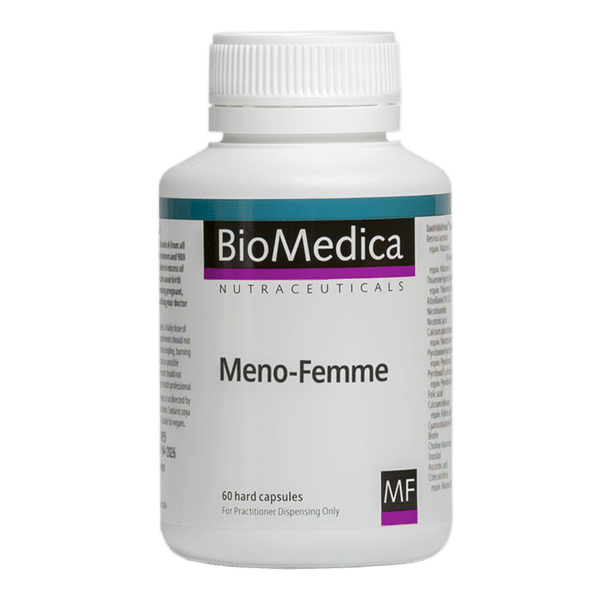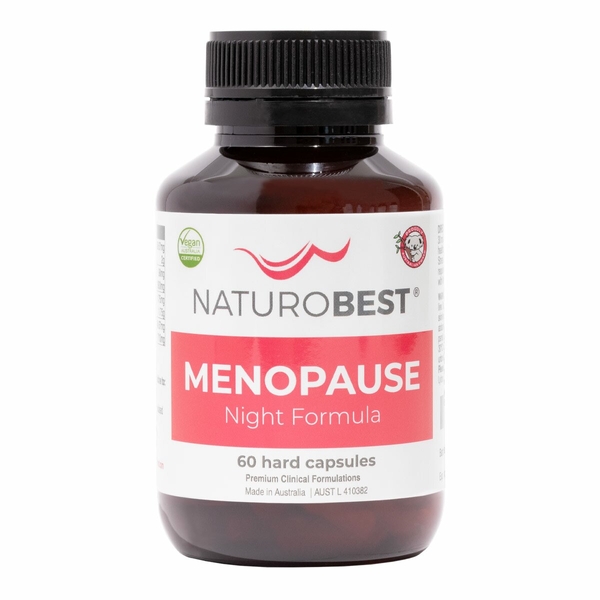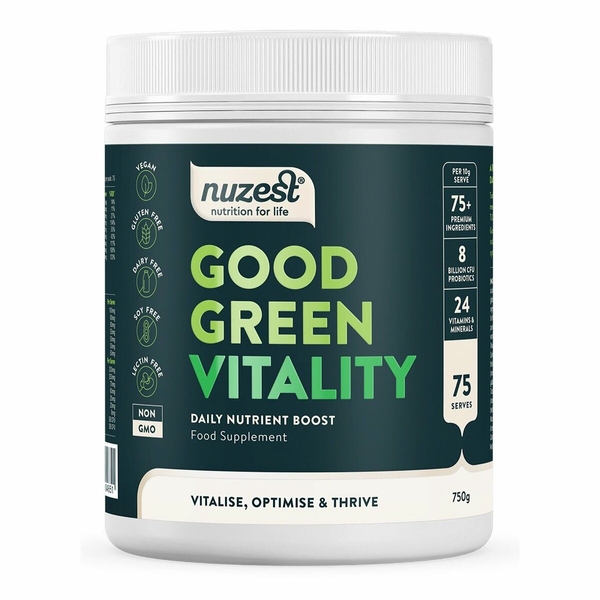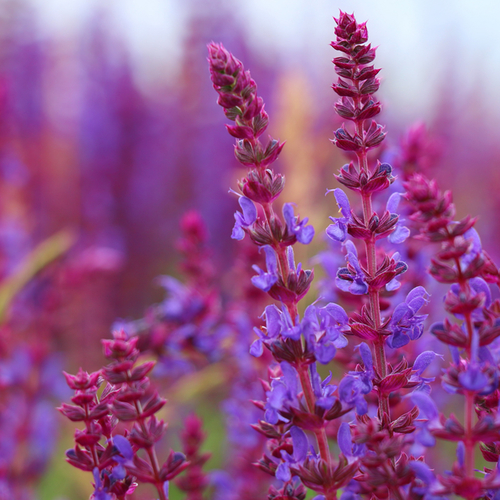
Background
Sage might help with chemical imbalances in the brain that cause problems with memory and thinking skills. It might also change how the body uses insulin and sugar.
People commonly use sage for memory and thinking skills, high cholesterol, and symptoms of menopause. It is also used for pain after surgery, lung cancer, sore throat, sunburn, and many other conditions, but there is no good scientific evidence to support these uses.
Safety Safety definitions
When applied to the skin: Sage is possibly safe when used for up to one week.
When inhaled: Sage essential oil is possibly safe when used as aromatherapy.
Special Precautions & Warnings:
Pregnancy: Taking sage during pregnancy is likely unsafe because of the thujone found in some sage species. Thujone can bring on a menstrual period, which could cause a miscarriage.Breast-feeding: Taking sage while breast-feeding is possibly unsafe. The thujone in sage might reduce the supply of breast milk.
Hormone-sensitive condition such as breast cancer, uterine cancer, ovarian cancer, endometriosis, or uterine fibroids: Spanish sage (Salvia lavandulaefolia) might have the same effects as estrogen. If you have any condition that might be made worse by estrogen, don't use Spanish sage.
High blood pressure: Spanish sage (Salvia lavandulaefolia) might increase blood pressure in some people with high blood pressure. Common sage (Salvia officinalis) might actually lower blood pressure. Be sure to monitor your blood pressure if you are taking sage in amounts higher than those found in food.
Seizure disorders: Common sage contains significant amounts of thujone, a chemical that can trigger seizures. If you have a seizure disorder, don't take sage in amounts higher than those typically found in food.
Surgery: Common sage might affect blood sugar levels and interfere with blood sugar control during and after surgery. Stop using common sage as a medicine at least 2 weeks before a scheduled surgery.
Effectiveness
- Memory and thinking skills (cognitive function). Taking sage by mouth seems to improve memory and thinking skills in healthy adults. But it's not clear if sage aromatherapy helps.
- High levels of cholesterol or other fats (lipids) in the blood (hyperlipidemia). Taking common sage three times daily for 2 or 3 months reduces low-density lipoprotein (LDL or "bad") cholesterol and triglyceride levels. It also increases high-density lipoprotein (HDL or "good") cholesterol, in people with high cholesterol.
- Symptoms of menopause. Taking common sage extract by mouth for 4 weeks improves some symptoms of menopause, especially hot flashes, night sweats, and sleep problems.
- Pain after surgery. Using an oral rinse made of common sage doesn't seem to reduce pain after surgery.
Dosing & administration
As medicine, common sage extract has most often been used by adults in doses of 280-1500 mg by mouth daily for up to 12 weeks. Sage is also used in essential oils, creams, ointments, sprays, and mouth rinses. Speak with a healthcare provider to find out what type of product and dose might be best for a specific condition.
Interactions with pharmaceuticals
Drying medications (Anticholinergic drugs)
Interaction Rating=Moderate Be cautious with this combination.
Sage can increase a chemical in the body called acetylcholine. Acetylcholine plays a big part in many important body functions. Some medications, called anticholinergic drugs, block the effects of acetylcholine in the body. Taking sage might decrease the effects of anticholinergic drugs.
Estrogens
Interaction Rating=Moderate Be cautious with this combination.
Geraniol, a chemical in Spanish sage (Salvia lavandulaefolia), might have some of the same effects as estrogen. Taking large amounts of Spanish sage along with estrogen pills might change the effects of estrogen pills.
Medications changed by the liver (Cytochrome P450 2C19 (CYP2C19) substrates)
Interaction Rating=Moderate Be cautious with this combination.
Some medications are changed and broken down by the liver. Sage might change how quickly the liver breaks down these medications. This could change the effects and side effects of these medications.
Medications changed by the liver (Cytochrome P450 2C9 (CYP2C9) substrates)
Interaction Rating=Moderate Be cautious with this combination.
Some medications are changed and broken down by the liver. Sage might change how quickly the liver breaks down these medications. This could change the effects and side effects of these medications.
Medications changed by the liver (Cytochrome P450 2D6 (CYP2D6) substrates)
Interaction Rating=Moderate Be cautious with this combination.
Some medications are changed and broken down by the liver. Sage might change how quickly the liver breaks down these medications. This could change the effects and side effects of these medications.
Medications changed by the liver (Cytochrome P450 2E1 (CYP2E1) substrates)
Interaction Rating=Moderate Be cautious with this combination.
Some medications are changed and broken down by the liver. Sage might change how quickly the liver breaks down these medications. This could change the effects and side effects of these medications.
Medications changed by the liver (Cytochrome P450 3A4 (CYP3A4) substrates)
Interaction Rating=Moderate Be cautious with this combination.
Some medications are changed and broken down by the liver. Sage might change how quickly the liver breaks down these medications. This could change the effects and side effects of these medications.
Medications for diabetes (Antidiabetes drugs)
Interaction Rating=Moderate Be cautious with this combination.
Sage might lower blood sugar levels. Taking sage along with diabetes medications might cause blood sugar to drop too low. Monitor your blood sugar closely.
Medications for high blood pressure (Antihypertensive drugs)
Interaction Rating=Moderate Be cautious with this combination.
Sage might lower blood pressure. Taking sage along with medications that lower blood pressure might cause blood pressure to go too low. Monitor your blood pressure closely.
Medications moved by pumps in cells (P-glycoprotein substrates)
Interaction Rating=Moderate Be cautious with this combination.
Some medications are moved in and out of cells by pumps. Sage might change how these pumps work and change how much medication stays in the body. In some cases, this might change the effects and side effects of a medication.
Medications used to prevent seizures (Anticonvulsants)
Interaction Rating=Moderate Be cautious with this combination.
Sage may increase the risk of seizures. Therefore, taking sage may decrease the effects of medications used to prevent seizures.
Sedative medications (Benzodiazepines)
Interaction Rating=Moderate Be cautious with this combination.
Sage might cause sleepiness and slowed breathing. Some medications, called sedatives, can also cause sleepiness and slowed breathing. Taking sage with sedative medications might cause breathing problems and/or too much sleepiness.
Sedative medications (CNS depressants)
Interaction Rating=Moderate Be cautious with this combination.
Sage might cause sleepiness and slowed breathing. Some medications, called sedatives, can also cause sleepiness and slowed breathing. Taking sage with sedative medications might cause breathing problems and/or too much sleepiness.
Various medications used for glaucoma, Alzheimer disease, and other conditions (Cholinergic drugs)
Interaction Rating=Moderate Be cautious with this combination.
Sage can increase a chemical in the body called acetylcholine. Some medications that are used for glaucoma, Alzheimer disease, and other conditions, also increase acetylcholine levels. Taking sage with these medications might increase the chance of side effects.
Interactions with herbs & supplements
Herbs and supplements that might lower blood sugar: Sage might lower blood sugar. Taking it with other supplements with similar effects might lower blood sugar too much. Examples of supplements with this effect include aloe, bitter melon, cassia cinnamon, chromium, and prickly pear cactus.
Herbs and supplements with sedative properties: Sage might cause sleepiness and slowed breathing. Taking it along with other supplements with similar effects might cause too much sleepiness and/or slowed breathing in some people. Examples of supplements with this effect include hops, kava, L-tryptophan, melatonin, and valerian.
Interactions with foods
Products
View all products- Salvia officinalis (Sage) ext. 300 mg equiv. thujone 3 μg
- Humulus lupulus ext. 100 mg
- Ascorbic acid (Vitamin C) 100 mg
- Ziziphus jujuba var. spinosa ext. 150 mg
- Lavandula angustifolia oil 40 mg
- Rehmannia glutinosa ext. 100 mg
- Cholecalciferol 12.5 μg equiv. vitamin D3 500 IU
- Asparagus racemosus ext. 187.5 mg
- Salvia officinalis (Sage) ext. 150 mg
- Tribulus terrestris ext. 100 mg
- Rhodiola rosea ext. 31.25 mg
- Chromium picolinate 201.1 μg equiv. chromium 25 μg
- Potassium iodide 65.4 μg equiv. iodine 50 μg
- Cholecalciferol 5 μg equiv. vitamin D3 200 IU
- Ziziphus jujuba var. spinosa ext. 100 mg
- Asparagus racemosus ext. 75 mg
- Salvia eremostachya (Desert sage)
- Echinacea angustifolia
- Astragalus membranaceus
- Sambucus nigra (fruit)
- Lycium barbarum
- Rosa canina
- Luo Han Guo (fruit) ext. (Monk fruit)
- Echinacea purpurea
- Sambucus nigra
- Glycyrrhiza glabra (root)
- Olea europaea (leaf)
- Calendula officinalis
- Origanum vulgare
- Uncaria tomentosa
- Mentha x piperita
- Thymus vulgaris
- Cola acuminata
- Foeniculum vulgare
- Inula helenium
- Asclepias tuberosa
- Achillea millefolium
- Armoracia rusticana
- Capsicum spp.
- Allium sativum
- Allium cepa
- Zingiber officinale
- Cordyceps sinensis (mushroom)
- Ganoderma lucidum (mushroom)
- Lentinula edodes (mushroom)
- Tremella fuciformis (mushroom)
- Trametes versicolor (mushroom)
- Hericium erinaceus (mushroom)
- Inonotus obliquus (mushroom)
- Ilex paraguariensis
- Salvia officinalis (Sage)
- Pea protein isolate
- Malus (Apple)
- Apple pectin
- Arthrospira platensis (Spirulina)
- Linum usitatissimum (seed) (Flaxseed)
- Sunflower lecithin
- Marine algae
- Wheatgrass powder
- Beta vulgaris (root) powder (Beetroot)
- Brassica oleracea var. italica (Broccoli)
- Chlorella pyrenoidosa powder
- Spinacia oleracea (Spinach)
- Daucus carota powder (Carrot)
- Zingiber officinale
- Glycyrrhiza glabra (root)
- Cynara scolymus
- Ribes nigrum
- Vitis vinifera
- Malpighia glabra
- Vaccinium myrtillus
- Camellia sinensis
- Rosa canina
- Centella asiatica
- Silybum marianum
- Rhodiola rosea
- Rosmarinus officinalis
- Withania somnifera
- Taraxacum officinale
- Lycium chinese (berry)
- Citric acid anhydrous
- Citrus bioflavonoids extract
- R,S-alpha lipoic acid
- Beta glucan
- Ubiquinol-10 (Coenzyme Q10)
- Dunaliella salina
- Lactobacillus acidophilus
- Bifidobacterium bifidum
- Potassium phosphate dibasic
- Magnesium citrate
- Ascorbic acid (Vitamin C)
- Natural vanilla flavour
- Natural pineapple flavour
- Zinc citrate
- Tocopherols concentrate - mixed (Vitamin E)
- Selenomethionine
- D-calcium pantothenate (Vitamin B5)
- Nicotinamide (Vitamin B3)
- Pyridoxine hydrochloride (Vitamin B6)
- Retinyl palmitate
- Cholecalciferol
- Copper gluconate
- Thiamine hydrochloride (Vitamin B1)
- Riboflavin (Vitamin B2)
- Folate
- Chromium picolinate
- Panax ginseng
- Fucus vesiculosus
- Stevia rebaubiana (leaf)
- Phytomenadione (Vitamin K1)
- Biotin
- Cyanocobalamin (Vitamin B12)
- Lentinula edodes (fruiting body)
- Ulmus rubra (bark inner) powder
- Hordeum vulgare
- Plantago ovata (husk) (Psyllium)
- Theobroma cacao
- Tocopherols concentrate - mixed (Vitamin E)
- Astragalus membranaceus
- Manganese gluconate
- Menaquinone 7 (Vitamin K2)
- Fallopia japonica
- Amylase enzyme
- Protease
- Lipase
- Cellulase
- Lactase
- Euterpe oleracea (berry) ext. (Acai)
- Bacopa monnieri
- Vaccinium macrocarpon

